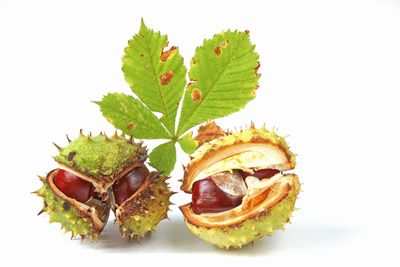What is Horse Chestnut Used For?
First and foremost, horse chestnut trees are different from traditional “chestnuts.” This common name is often cause for great confusion. All parts of the horse chestnut tree, Aesculus hippocastanum, are extremely toxic and should not be eaten by humans. Horse chestnuts contain a poisonous toxin called esculin. This toxic substance causes serious complications and even death when ingested. It is through proper processing that the toxins are removed. Note: Using horse chestnut trees, specifically the conkers (seeds), to create horse chestnut extract is the method used in the creation of horse chestnut supplements. This process cannot be done at home. While only a small number of studies have been done regarding the extract of the horse chestnut, benefits and alleged uses are numerous. It has been regarded by many for its use in treating of number of ailments. It’s been suggested that horse chestnut supplements have helped with conditions such as leg pain, swelling, and even helped with issues related to chronic venous insufficiency. It is also important to note that these claims have not been evaluated by the Food and Drug Administration (FDA). Due to side effects, complications, and possible interactions, horse chestnut extract should not be taken by women who are nursing or pregnant, or individuals with pre-existing medical conditions. Additionally, those who take any other medications should always consult a qualified physician before using horse chestnut extract supplements.
